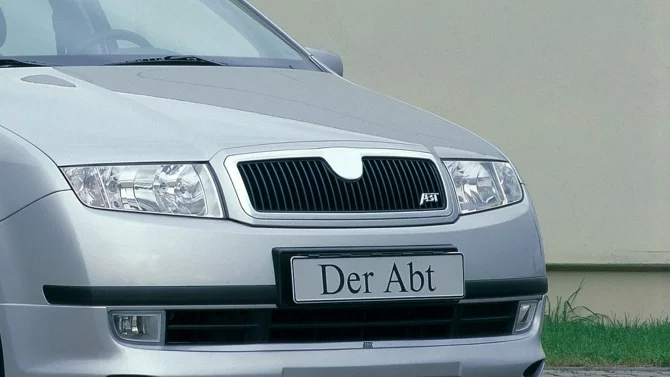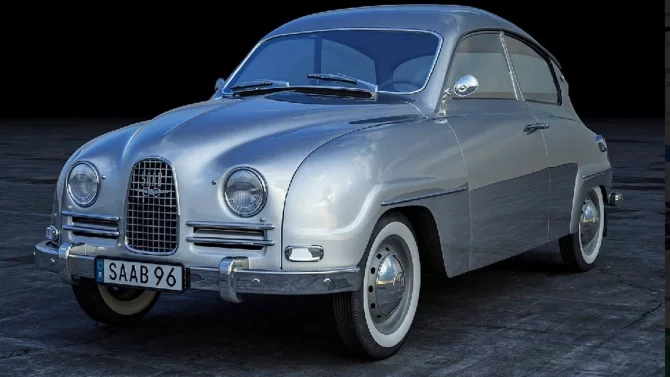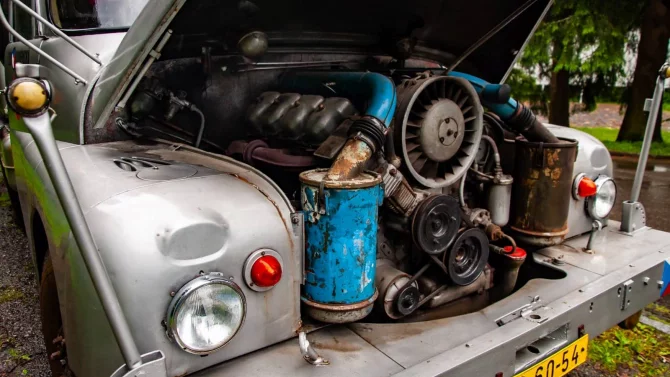...
By Jeff Mason and Marcin Grajewski
BRUSSELS, June 21 (Reuters) - European Union leaders headed for a showdown on Thursday over efforts to reform the bloc's creaking institutions, but chances of agreement appeared to rise after chief critic Poland softened its tone.
British Prime Minister Tony Blair, attending his last EU summit, said prospects for a deal to launch negotiations on a new treaty were only "touch and go". Polish Prime Minister Jaroslaw Kaczynski put the odds at 50-50.
London and Warsaw could yet scupper German Chancellor Angela Merkel's drive to replace the defunct EU constitution after years of wrangling over the division of power between Brussels and member states, and between big and small nations.
Merkel, chairing the summit under Germany's EU presidency, pleaded before the start for the 27 leaders to be constructive.
"I hope that all work in a spirit that will allow us to achieve a fair agreement because the EU needs to be effective in order for us to solve the many problems in the world together," she told reporters at a meeting of conservative leaders.
European Commission President Jose Manuel Barroso told reporters he believed there would be an agreement "because if we don't get the deal, we will all be losers".
Failure to agree at a talks likely to run into Saturday would be a huge setback for the 27-nation bloc, two years after French and Dutch voters rejected the constitution.
Luxembourg Prime Minister Jean Claude Juncker said there would be no room to enlarge the EU further unless leaders reached a deal to make its institutions run more efficiently.
A breakdown might prompt a smaller group of member states to press ahead with closer integration, leaving others behind, and make richer countries more reluctant to aid poorer newcomers.
Poland wants changes to the EU's voting system which it says favours big countries, especially Germany, at its expense.
Nearly all the other EU countries favour keeping the decision-making formula set out in the constitution draft rejected by French and Dutch voters in 2005.
Leaders arriving in Brussels issued demanded compromise.
"That is the only way to transform Europe into a stronger Europe," Portuguese Prime Minister Jose Socrates told reporters.
MORE CONCILIATORY?
Juncker, the EU's elder statesman, suggested a compromise to give states just short of a blocking minority an emergency brake to postpone decisions in rows over the bloc's affairs and force more negotiations.
Kaczynski told Rzeczpospolita newspaper on Thursday that some progress had been made. "Nevertheless, I think there is a chance that our demands are understood. If not we will have to draw conclusions," he said.
Britain was also posing problems. It said the treaty must not make the bloc's Charter of Fundamental Rights, including a broadly defined right to strike, legally binding on itself.
"We need to have it belt and braces bolted down that it will not change British law," Blair told The Times newspaper of the charter. "This is what I need if you want me to agree."
Britain also wants to shrink the powers of a proposed EU foreign minister and change the title.
Merkel had a telephone conference with Blair and his successor-in-waiting, Gordon Brown, on Thursday and Downing Street said the two men reiterated Britain's position.
"Mr Blair has already made clear that he will not sign up to any agreement that results in the United Kingdom losing control over key areas such as foreign policy, taxation and policing," the prime minister's office said in a statement.
Blair's spokesman said the prime minister would be ready to "walk away from a deal."
Dutch Prime Minister Jan Peter Balkenende sounded relatively confident that his country's demands could be met, even if it took many hours to reach consensus.
Kaczynski's statement that Poland could accept the voting system it has opposed for months if it received a bigger say by other means appeared to indicate a willingness to compromise.
The Czech Republic, which had backed Poland, said on Wednesday it would not veto a deal over the voting issue.
Eighteen EU members have ratified the constitutional treaty, but there is broad agreement to cut it significantly, to allow France, the Netherlands and Britain to avoid risky referendums.
Some key institutional arrangements are set to be kept, such as creating a president of the European Council of governments elected for 2-1/2 years instead of the current six-month rotating presidency which has grown unwieldy in the enlarged EU. (additional reporting by David Clarke in London, Jon Boyle in Paris, Adam Jasser in Warsaw, Jan Lopatka in Prague, Noah Barkin, Francois Murphy and Axel Bugge in Brussels)
Keywords: EU TREATY/




 „Elektrická mobilita je budoucnost, o tom není pochyb. Každý, kdo tvrdí opak, poškozuje náš průmysl.“ A proto přijdou plošné evropské dotace
„Elektrická mobilita je budoucnost, o tom není pochyb. Každý, kdo tvrdí opak, poškozuje náš průmysl.“ A proto přijdou plošné evropské dotace
 Našli jsme deset absolutně neznámých automobilů současnosti. Dokážete uhodnout alespoň polovinu?
Našli jsme deset absolutně neznámých automobilů současnosti. Dokážete uhodnout alespoň polovinu?
 Dvě i čtyři doby, tři a čtyři válce: Saab 96 se stal vozem pro individualisty, a to i v Československu
Dvě i čtyři doby, tři a čtyři válce: Saab 96 se stal vozem pro individualisty, a to i v Československu
 Elektromobil jako ojetinu nikdo nechce. Velký český autobazar skončil s jejich nákupem i prodejem
Elektromobil jako ojetinu nikdo nechce. Velký český autobazar skončil s jejich nákupem i prodejem
 Youtubeři zkoušeli, jestli nastartují Tatru 138 odstavenou osmnáct let. Výsledek nikoho nepřekvapí
Youtubeři zkoušeli, jestli nastartují Tatru 138 odstavenou osmnáct let. Výsledek nikoho nepřekvapí
